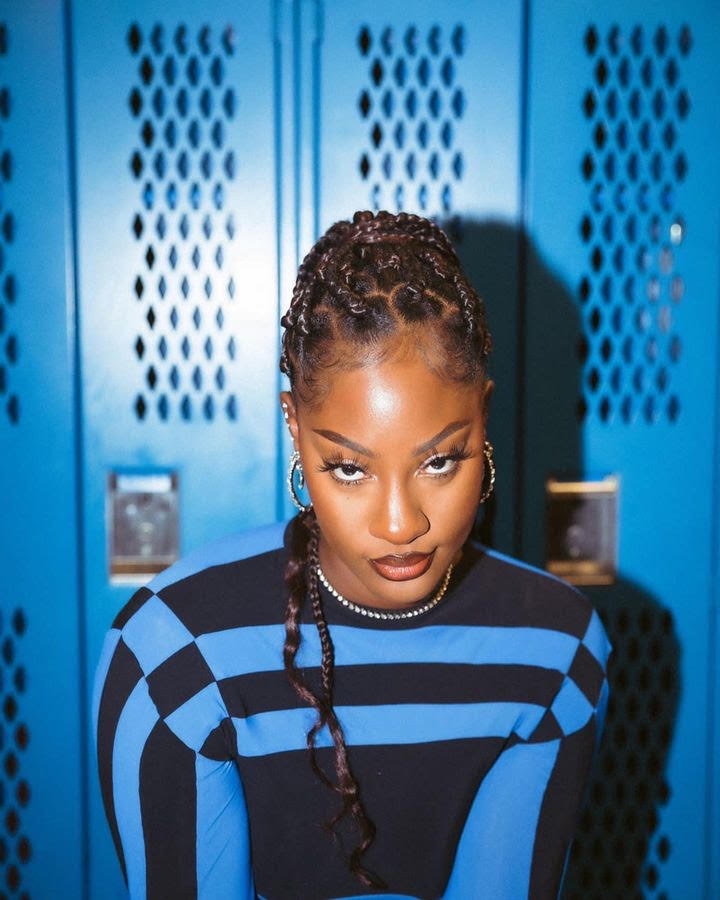One of the constants of Taylor Swift’s storied career has been the chances she’s taken at the precise moment when taking a chance wasn’t necessary. She was a country superstar who didn’t need to go pop; she was less than a year removed from a major pop album and didn’t need to take an indie-folk detour; she was in the middle of a blockbuster run of new albums and didn’t need to re-record her old ones.
Time and again, Swift has identified artistic opportunities that other stars would have blanched at (or at the very least, set aside for a different time, so as to not muck up any professional momentum), and she has leapt into them fearlessly, always coming out on top.
So right now — in the middle of a mega-selling stadium tour, after a record-breaking fourth album of the year Grammy win, in a high-profile new romance and at the commercial zenith of an already all-time career — is, naturally, the time Swift has chosen to release a knowingly messy, wildly unguarded breakup album.
She didn’t have to do this! But then again, making an album like The Tortured Poets Department is exactly what separates Swift from her more careful peers. Challenging herself to shape-shift, to accomplish something new at the moment anyone else would rest on their laurels, is what makes her so fascinating.
Swift has written plenty of songs that revel in post-breakup hurt across her catalog, but The Tortured Poets Department is both more mature — the teen slings and arrows naturally evolving into adult entanglements and emotional affairs — and more pissed-off, with unbridled emotion and unkempt drama often taking center stage. There will be a lot of guessing about who each song is about, considering that the album was created in the wake of her six-year relationship with Joe Alwyn ending, a brief romance with The 1975’s Matty Healy, and the start of her relationship with football star Travis Kelce. But the male subjects are besides the point: Swift is a hurricane across the album, blowing the doors off of the agonizing details of her recent reality.
Furious rhetorical questions and errors in judgment dot the Tortured Poets Department lyrics, as Swift aims at a target beyond vulnerability, that allows her wide listenership to understand her heart and mind. In a career defined by her songwriting, Swift has never placed so much emphasis on her words — the production, courtesy of Swift and close collaborators Jack Antonoff and Aaron Dessner, seems to evaporate at points, the music almost incidental compared to the lyrics. The warm synth-pop of Midnights serves as the closest reference point, but that album was cleanly orchestrated, while The Tortured Poets Department wants to get in the mud with soft-loud dissonance and tracklist sprawl. Really, the album is in conversation with her entire catalog — a country-pop chorus here, a Folklore folk tale there — while still making time to explore the unknown.
The Tortured Poets Department is extreme in its emotions and uninterested in traditional hits; not everyone will love it, but the ones who get it will adore it fiercely. As Swift continues this current astonishing run of superstardom, she has once again pushed herself to strike a new pose. It’s what makes her special — and what turns The Tortured Poets Department into yet another triumph.



